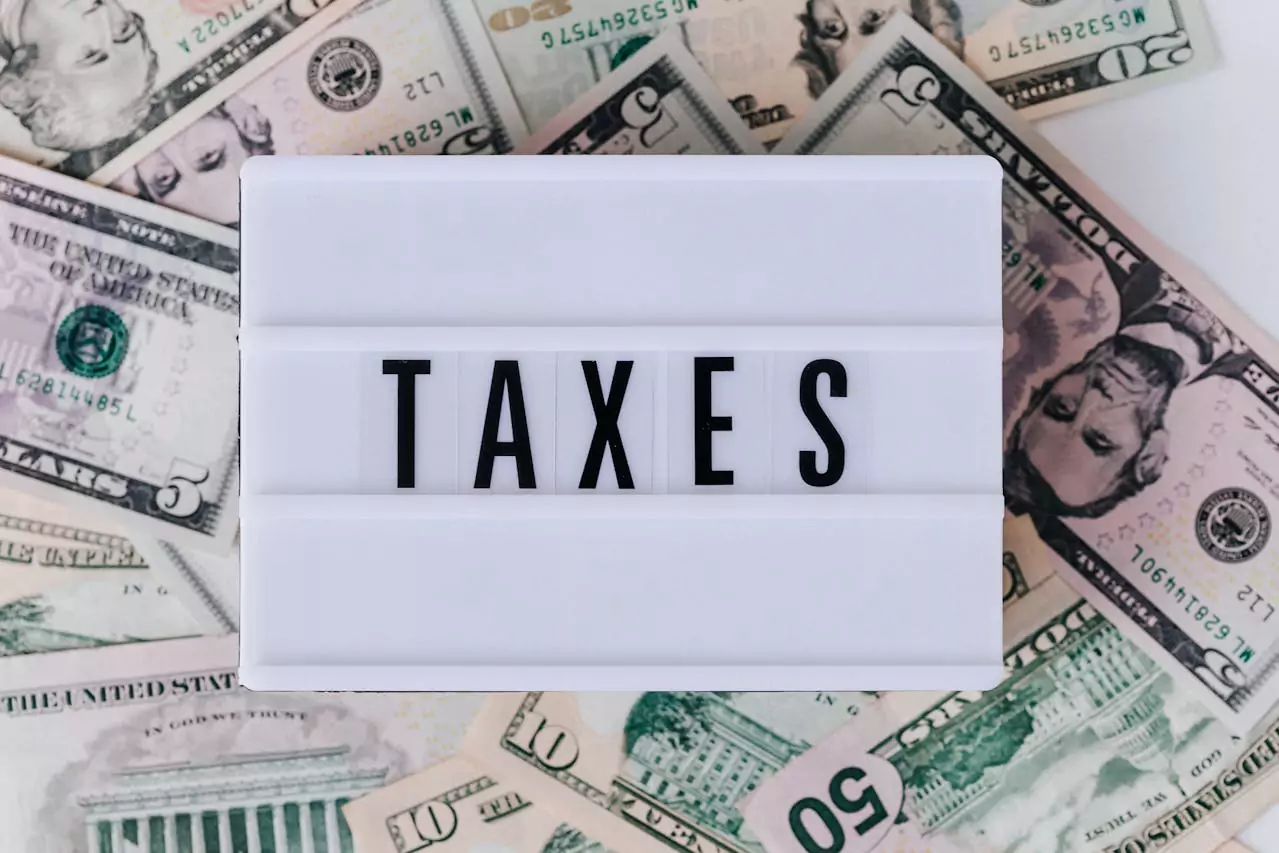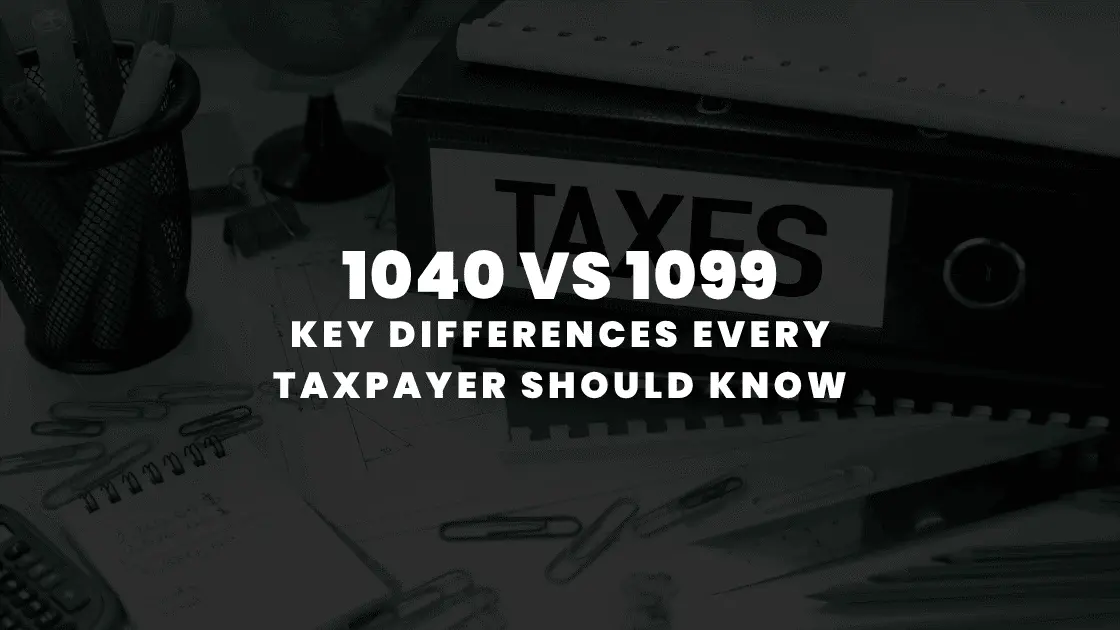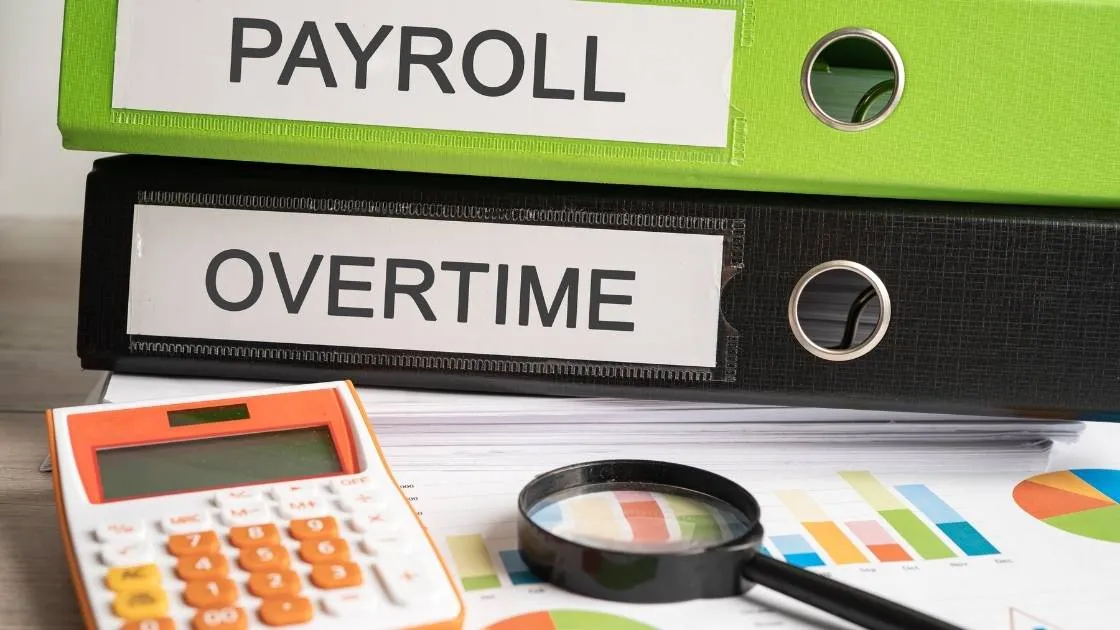October 26 2024 | By Farwah Jafri | 7 minutes Read

The Importance of Filing Business Taxes
Immediate Consequences of Failing to File Business Taxes
1. Penalties and Interest
2. Possible Seizure of Assets
3. Legal Consequences
4. Damaged Business Reputation
5. Difficulty Securing Loans or Investors
Long-Term Risks of Not Filing Business Taxes
1. Accrued Penalties and Interest
2. Loss of Limited Liability Protection
3. Revocation of Business Licenses
4. Potential for Tax Liens
How Many Years Can a Business Go Without Filing Taxes?
How to Fix the Situation if You Haven’t Filed Business Taxes
Contact a Tax Professional
File Back Taxes
Negotiate a Payment Plan
Request Penalty Relief
Final Thoughts
Running a business comes with a variety of responsibilities, and one of the most important is filing taxes. However, whether due to oversight, financial struggles, or misunderstanding, many business owners may fail to meet their tax obligations.
While it might seem like a small delay, failing to file taxes on your business can lead to a domino effect of financial and legal troubles. In this blog, we’ll explore what happens when you don’t file business taxes, the potential consequences, and how long a business can go without filing taxes before the situation becomes critical.
Business taxes are a vital part of operating a legal and compliant company. Taxes are used to support various governmental functions, including infrastructure, public services, and regulatory agencies.
As a business owner, your tax contributions help maintain a functioning society, and the government takes its collection very seriously. Failing to file your business taxes not only puts your company at risk but can also lead to significant financial and legal repercussions.
Here are some things to consider;
The most immediate consequence of not filing your business taxes is the imposition of penalties and interest. The IRS imposes a failure-to-file penalty, which is typically 5% of the unpaid taxes for each month the tax return is late, up to a maximum of 25%.
If your business owes taxes, the failure-to-pay penalty is usually 0.5% per month of the unpaid taxes. Interest also accrues on the unpaid taxes from the original due date of the return until the taxes are paid in full. Over time, these costs can snowball, making it harder for a business to get out of debt.
If your business continues to ignore tax obligations, the IRS can resort to more severe measures, such as asset seizure. This means the IRS can claim your bank accounts, property, or any other assets to recover the unpaid taxes.
While the IRS generally reserves asset seizure for extreme cases, it remains a very real possibility if you fail to address tax issues over time.
For chronic non-filers, the government may pursue criminal charges, which can result in hefty fines or even imprisonment. While it’s relatively rare for the IRS to prosecute a business owner solely for failing to file taxes, it does happen in cases where there is a blatant and ongoing disregard for tax law. The IRS may consider factors such as intent to evade taxes or fraudulent activities when deciding whether to press charges.
Failing to file your business taxes can damage your reputation among customers, suppliers, and lenders. If your business is seen as financially irresponsible or delinquent in its obligations, you may find it harder to secure loans, credit, or favorable terms with suppliers.
For modern businesses, company reputation is an important asset, and tax delinquency can severely harm that.
Business tax filings serve as a snapshot of your company’s financial health. When potential investors or lenders examine your business, they’ll look for a clean financial record, including up-to-date tax returns.
If you haven’t filed taxes, it raises red flags about your financial stability, potentially scaring away investors or preventing you from getting approved for loans or lines of credit. Without proper funding, business growth becomes much more difficult.

Here are some long-term factors that are worth considering;
As the months and years pass without filing, the penalties and interest continue to compound. Over time, the amount you owe can be several times higher than the original tax liability. This increasing debt can severely impact cash flow, making it harder to reinvest in the business or pay for essential expenses like payroll, inventory, or utilities.
For corporations and LLCs, limited liability protection is one of the most significant advantages. It shields personal assets from being used to satisfy business debts. However, this protection can be compromised if you fail to file business taxes or engage in fraudulent practices. The IRS or state taxing authorities can “pierce the corporate veil,” making business owners personally liable for unpaid taxes.
Many businesses operate under licenses issued by local, state, or federal authorities. These licenses often require that taxes be filed and paid on time.
Failing to comply with tax obligations can lead to the revocation of your business license, effectively shutting down operations until the issues are resolved. Losing your license can be devastating, especially if your business relies on permits or certifications to operate legally.
When businesses don’t file their taxes or fail to pay what’s owed, the IRS can place a lien on the business assets. A tax lien gives the IRS a legal claim over your property until the debt is paid off.
This can affect your ability to sell or refinance assets, and it can damage your credit score. In some cases, if the debt remains unpaid, the IRS can escalate the lien into a levy, which allows them to seize the property or assets to cover the debt.
While you might wonder “how many years can a business go without filing taxes,” the answer is, there is no statute of limitations on how long the IRS can come after a business for unfiled returns.
This means that if you don’t file, your obligation to do so remains indefinitely. While the IRS generally focuses on the last six years of unfiled returns, businesses that fail to file for longer periods can face increasingly harsh penalties and actions.
The longer you go without filing, the more difficult it becomes to resolve the situation. If you are several years behind, it’s essential to start the process of getting current with your tax filings as soon as possible.
The IRS has programs in place to help businesses that are delinquent, including installment agreements and penalty abatements for those who can show reasonable cause for not filing.

If you find yourself in the situation of not having filed business taxes, it’s important to act quickly. Here are some steps you can take:
Engaging a tax professional, such as a CPA or tax attorney, is often the best first step. They can help you understand your specific situation, file back taxes, negotiate with the IRS on your behalf, and explore options for reducing penalties.
The sooner you file your back taxes, the better. Even if you can’t pay the full amount owed right away, getting the tax returns filed will stop the failure-to-file penalty from accruing. You’ll still owe interest and penalties for late payment, but filing is the critical first step.
If you owe more than you can pay in a lump sum, the IRS offers installment agreements. This allows you to pay off the debt over time in manageable monthly payments. In some cases, businesses may qualify for an Offer in Compromise, which allows them to settle their tax debt for less than the full amount owed.
If there is a legitimate reason for why you didn’t file your business taxes (e.g., natural disaster, illness, or another significant event), you may be able to request penalty abatement. This doesn’t eliminate the taxes owed, but it can reduce the penalties, making the debt easier to manage.
Failing to file business taxes can lead to severe consequences, including financial penalties, legal risks, loss of business reputation, and even asset seizure. While it’s easy to feel overwhelmed by the prospect of dealing with unfiled taxes, taking proactive steps can prevent these issues from escalating.
Whether you’ve missed one filing or several years, it’s never too late to address the situation. By filing back taxes, working with a tax professional, and negotiating payment terms with the IRS, you can regain control and protect the future of your business.
Subscribe for business tips, tax updates, financial fundamentals and more.
MORE BLOGS

Running a small business means every dollar matters. You work hard to earn revenue, manage expenses, and grow steadily, yet tax time often feels like money […]
Learn More →
Tax season can be overwhelming, especially when you’re staring at multiple forms with numbers instead of names. Two of the most common, and often misunderstood, are […]
Learn More →
Working extra hours can feel rewarding, after all you’re putting in more time, showing dedication, and earning more money. But when you look at your paycheck, […]
Learn More →